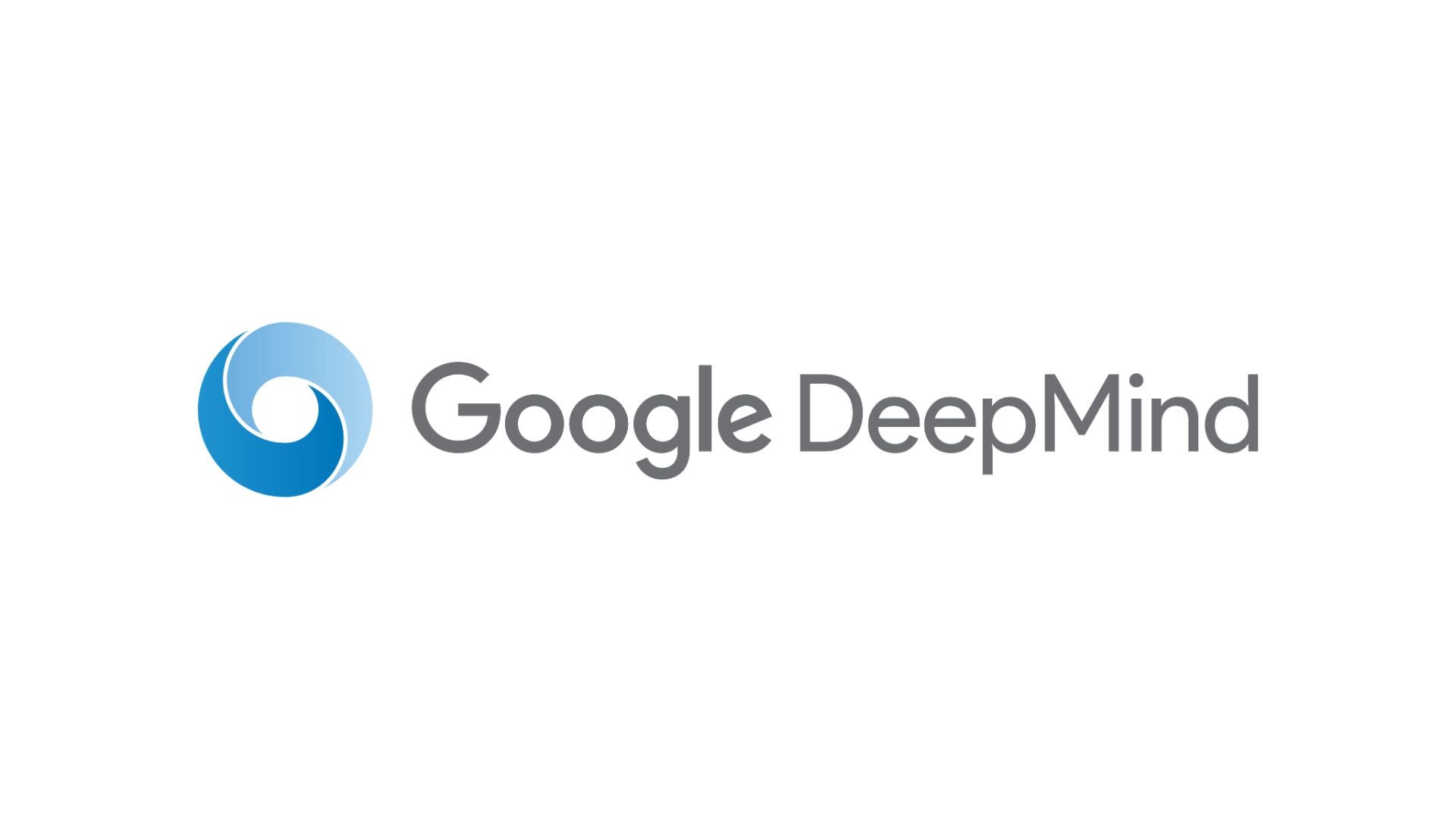Google DeepMind's Revolutionary Leap: Teaching Robots Novel Tasks
As the world of artificial intelligence (AI) continues to evolve, Google's DeepMind team is making significant strides in teaching robots to perform novel tasks. Their new system, RT-2, is a testament to the power of AI and its potential to revolutionize various industries.
Table of Contents
- Introduction
- What is Google DeepMind?
- Introducing RT-2: A New System for Teaching Robots Novel Tasks
- Potential Applications of RT-2
- The Future of Robotics and AI
- Conclusion
Introduction

Google's DeepMind has been at the forefront of AI research, pushing the boundaries of what's possible in machine learning and artificial intelligence. The team's latest project, RT-2, is a system designed to teach robots to perform tasks they've never encountered before, opening up a world of possibilities for the future of robotics.
What is Google DeepMind?
Google DeepMind, often simply referred to as DeepMind, is a British artificial intelligence subsidiary of Alphabet Inc. Founded in September 2010, it has been instrumental in advancing AI research and development. DeepMind's mission is to "solve intelligence and then use that to solve everything else."
Introducing RT-2: A New System for Teaching Robots Novel Tasks

The RT-2 system is a groundbreaking development in the field of robotics. It uses reinforcement learning, a type of machine learning where an agent learns to make decisions by taking actions in an environment to achieve maximum reward. RT-2 allows robots to learn from their mistakes and adapt their strategies accordingly, enabling them to perform tasks they've never done before.
Potential Applications of RT-2
The potential applications of the RT-2 system are vast. From industrial automation to healthcare, the ability for robots to learn and perform novel tasks could significantly enhance efficiency and productivity. For instance, robots could be used to perform complex assembly tasks in manufacturing or assist in delicate surgical procedures in healthcare.
The Future of Robotics and AI
The development of systems like RT-2 signals a promising future for robotics and AI. As robots become more capable of learning and adapting to new tasks, we can expect to see them playing increasingly significant roles in various sectors. The advancements in AI and machine learning are also paving the way for more intuitive human-computer interfaces, as demonstrated by Inflection AI's recent funding round of $225 million.
Conclusion
Google DeepMind's RT-2 system represents a significant leap forward in the field of AI and robotics. By enabling robots to learn and perform novel tasks, it opens up a world of possibilities for the future. As we continue to explore the potential of AI, we can look forward to a future where robots are an integral part of our everyday lives.
For more insights into the world of technology, check out our other articles on Blockchain Technology, Artificial Intelligence, and Cloud Hosting.









0 Comments